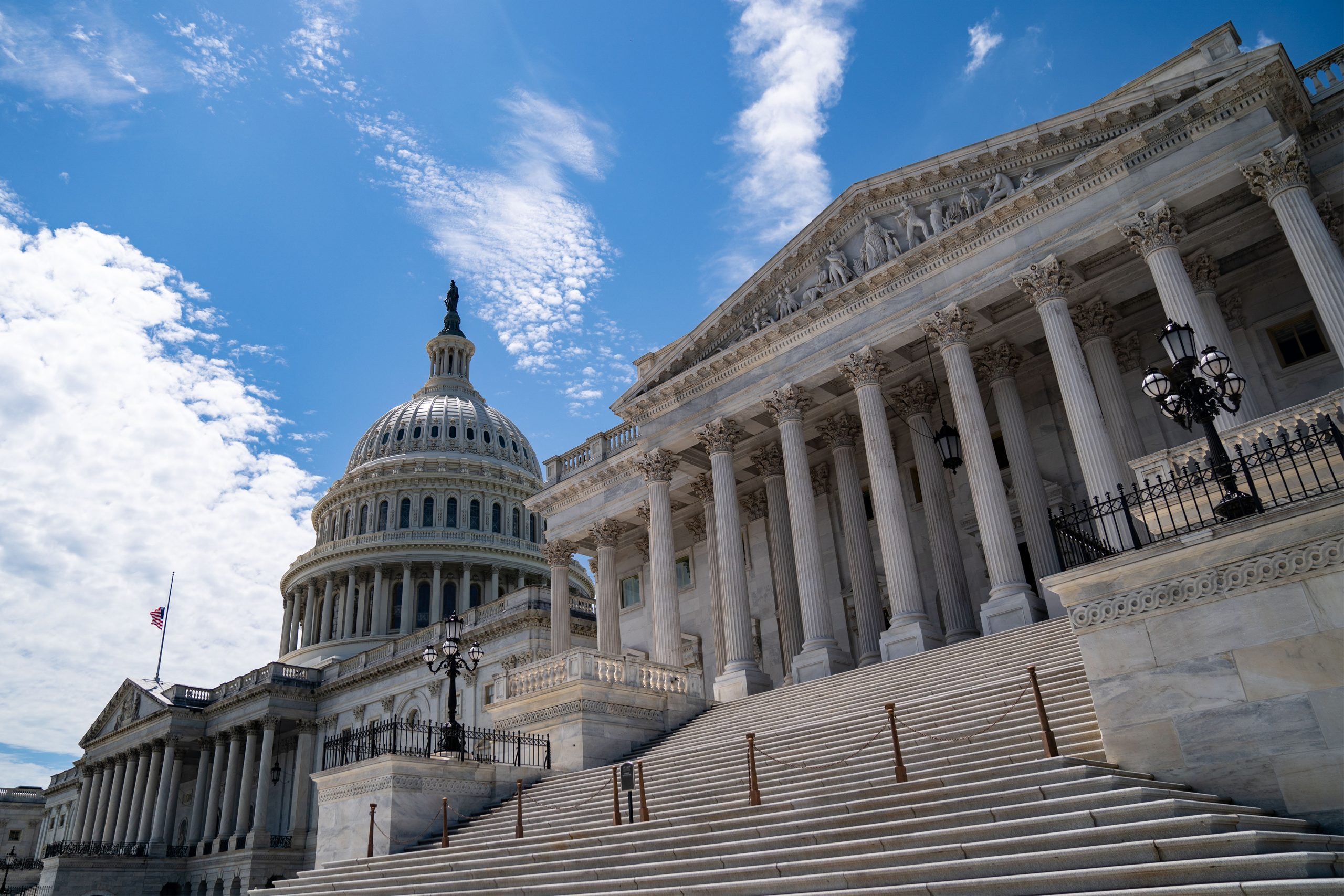For decades, the drug industry has yelled bloody murder each time Congress considered a regulatory measure that threatened its profits. But the hyperbole reached a new pitch in recent weeks as the Senate moved to adopt modest drug pricing negotiation measures in the Inflation Reduction Act.
The bill “could propel us light-years back into the dark ages of biomedical research,” Dr. Michelle McMurry-Heath, president of the Biotechnology Innovation Organization, said last month. Venture capitalists and other opponents of the bill said that it “immediately will halt private funding of drug discovery and development.”
Steve Ubl, leader of the ubiquitous Pharmaceutical Research and Manufacturers of America, or PhRMA, called the bill’s Senate passage on Aug. 7 a “tragic loss for patients.” He threatened in an interview with Politico to make politicians suffer if they voted for the measure, adding that “few associations have all the tools of modern political advocacy at their disposal in the way that PhRMA does.”
In the past 12 months, PhRMA and closely allied groups spent at least $57 million — $19 million of it since July — on TV, cable, radio, and social media ads opposing price negotiations, according to monitoring by the advocacy group Patients for Affordable Drugs. PhRMA spent over $100 million this year to unleash a massive team of 1,500 lobbyists on Capitol Hill.
The final bill is weaker than earlier versions, which would have extended negotiations to more drugs and included private insurance plans. The bill would enable only Medicare to negotiate prices beginning in 2026, initially for just 10 drugs.
It would save the Centers for Medicare & Medicaid Services about $102 billion over a decade, the Congressional Budget Office estimates. In 2021 alone, the top U.S. pharmaceutical companies booked tens of billions of dollars in revenue: Johnson & Johnson ($94 billion), Pfizer ($81 billion), AbbVie ($56 billion), Merck & Co. ($49 billion), and Bristol Myers Squibb ($46 billion).
The bill authorizes hundreds of millions of dollars for CMS to create …

